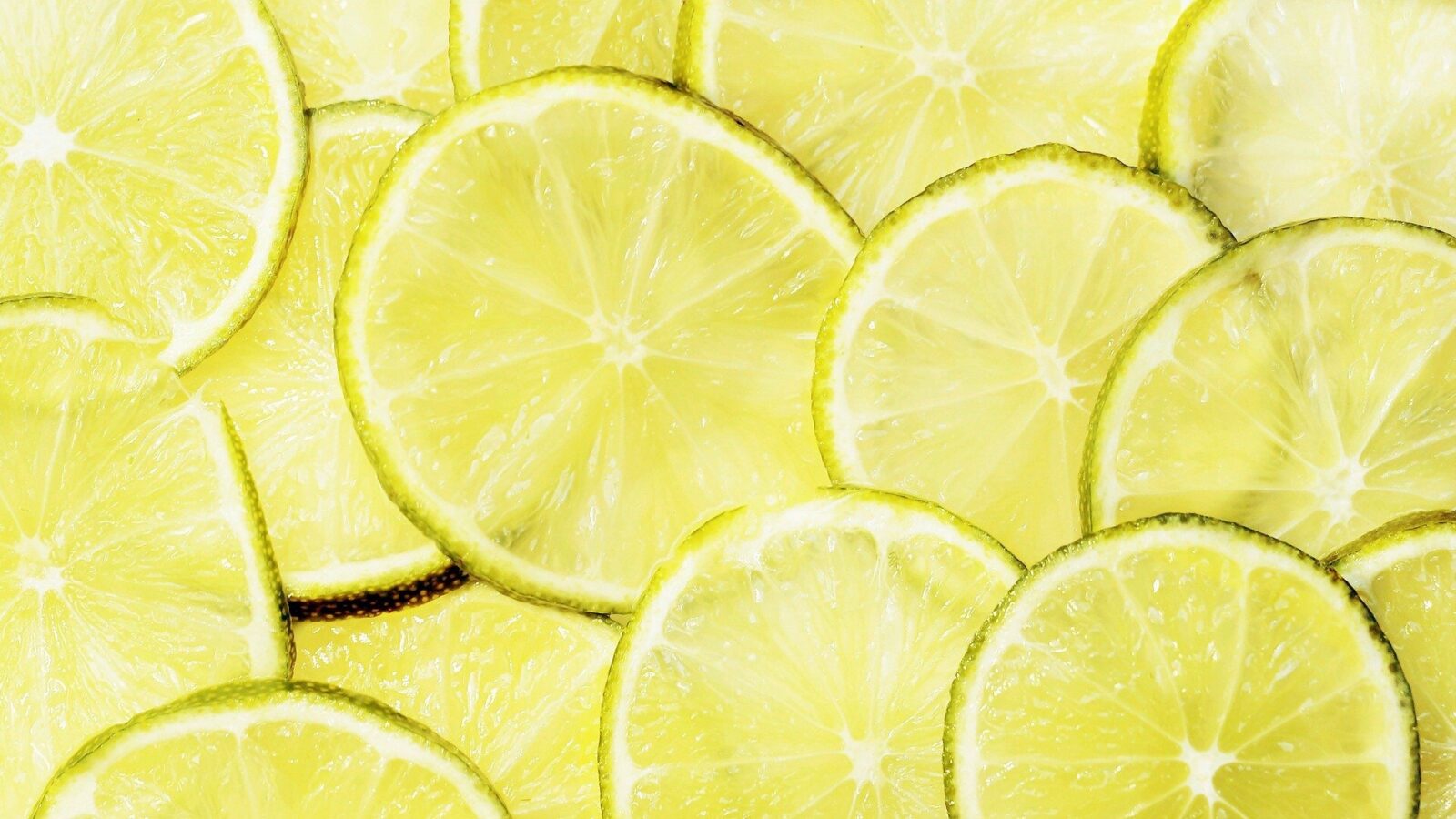Citric Acid is in everything!! I used to think it was an acid derived from fruit to prolong freshness. Great, right? Then I read this article from Branch Basics on excitotoxins and this one from Lil Sipper and thought, really??? This propelled me to do my own research and I came to the same conclusion they did. That i should avoid citric acid as much as possible.
First off, what’s an excitotoxin? “Neurologically active compounds” that can have a negative affect on the central nervous system and brain cells. Secondly, why is it an excitotoxin? It’s actually made from black mold. (1)
A Swedish researcher in 1784 discovered acid could be extracted from lemons and crystallized and named it citric acid. It was used in this way until the early 1900s when researchers found it could also be created (for much cheaper) using a fermentation process with a combination of sugar (often molasses or glucose from GMO corn) and salt to create Aspergillus niger (black mold), which excretes citric acid in the process. NCBI said “Approximately 99% of the world’s MCA [(citric acid)] is carried out using the fungus Aspergillus nigher [black mold].” 2, 3, 4, 5)
From an NCBI Toxicology report, “Aspergilus niger is a known allergen. The FDA placed MCA [manufactured citric acid] under the category of GRAS [(Generally Regarded As Safe)] without any research to substantiate this claim. In 2016, 2.3 million tons of MCA were produced, predominantly in China, and approximately 70% is used as a food or beverage additive. There have been no scientific studies performed to evaluate the safety of MCA when ingested in substantial amounts and with chronic exposure. We present four case reports of patients with a history of significant and repetitive inflammatory reactions including respiratory symptoms, joint pain, irritable bowel symptoms, muscular pain and enervation following ingestion of foods, beverages or vitamins containing MCA. We believe that ingestion of the MCA may lead to a harmful inflammatory cascade which manifests differently in different individuals based on their genetic predisposition and susceptibility, and that the use of MCA as an additive in consumable products warrants further studies to document its safety.” (5)
I wish I could just copy and paste the whole NCBI report here because it’s so enlightening. I have put the whole conclusion below which is long, but so informative, but if you’d prefer not to read it, in summary it says that although they recognize they cannot conclusively claim citric acid was the culprit of all the symptoms, it is highly likely. They call for more studies to conclusively determine the damage citric acid does. They hypothesize that with the consistent exposure due to it being in everything, our immune systems are always in a low grade inflammatory response, which over time that inflammation can negatively impact other areas in the body and leads to disease. This may manifest differently in different people due to genetic predisposition, health history, environmental stressors
“We recognize the limitations of the level of evidence from our four case reports. We cannot conclusively affirm that MCA is the causative factor in the subjects’ inflammatory symptoms. However, our findings demonstrate a significant likelihood that MCA may be the culprit and are suggestive of valid concerns which warrant proper double blind studies to determine presence or absence of harm. We hypothesize that … there are contaminants from the production process that remain in the final product. We hypothesize that there are proteins or other by-products of the A. niger or substances from the manufacturing process which remain in MCA after its production process and these lead to an inflammatory process, and possibly unlike natural citric acid, MCA is highly inflammatory itself … [and] that when we consume foods with MCA, we are consuming the proteins or by-products of the A. nigeror the highly concentrated unnatural form of citric acid, and with repeat exposure over time we are either developing elevation in pro-inflammatory cytokines such as IL-6 or building antibodies against the A. niger proteins that lead to inflammatory symptoms, or the MCA itself may contain yet unidentified substances or by- products from the production process that are inflammatory to our body.
Given the ubiquitous presence of MCA and repetitive exposure to it through ingesting common foods and beverages, we may be re-introducing small amounts of A. niger proteins or byproducts into our bodies, and repeatedly eliciting an insidious low grade immune response. With the repetitive exposure and insult, the immune system maintains a low grade inflammatory response. Over time, the chronic inflammatory state can impact various systems in the body depending on the individual’s weaker or compromised organ system. Ingestion of the MCA leads to an inflammatory cascade which manifests differently in different individuals based on their genetic predisposition, susceptibility and underling medical history, as well as the degree of stress exerted by environmental factors. We further hypothesize that these inflammatory reactions may play a causative role in allergic asthma, FM, JIA, and possibly CFS, and lead to increased inflammation in the musculoskeletal system leading to idiopathic joint and muscle inflammation/pain and inflammation in the gastro-intestinal system leading to conditions such as irritable bowel syndrome.
Unlike naturally occurring citric acid, manufactured citric acid is ubiquitous in the average diet of both adults and children. With the expected continued increase in its production to meet the demand of an expanding global market, it is imperative to ascertain its safety. Due to its GRAS status, manufactured citric acid has escaped proper scrutiny for nearly a century. Since it is not a natural substance but created using Aspergillus niger, a black mold proven to cause allergic reactions and disease in humans, it is difficult to understand how it has been protected under GRAS classification and has not been empirically studied. It only seems prudent that a thorough investigation of the manufactured form of citric acid be undertaken. With an unexplained increase in inflammatory diseases, it is difficult to justify its ubiquitous use without proper investigation. Additional research is mandatory to evaluate the potential of MCA to cause inflammatory symptoms in the body, or to contain Aspergillus proteins or by-products from the manufacturing process which may be inflammatory with repetitive exposure. We conclude that there is enough anecdotal data to support the need for thorough evaluation of the safety and risks associated with the ubiquitous use of the currently manufactured citric acid in our foods, beverages and other ingested substances, and to ensure that the final product is highly purified, non-inflammatory and void of pro-inflammatory contaminants. (5)
But what about citric acid made from non GMO corn? Still black mold. Still something I try to avoid. Unless it’s made from citrus, it’s still from black mold. If there’s a brand you love that uses citric acid, reach out and ask how it’s made.
Now, just to be clear, sometimes there’s an ingredient you need and there’s no other option or you’re eating food someone else made, I personally let it slide every now and then when that’s my only option or it’s made by someone else. But I do my best when buying things for my family and myself to avoid it. In my opinion this is also important to avoid in everything including bath products, supplements, etc. especially if you have Candida since it is made from black mold.
Sources
- The Free Dictionary citing the American Heritage Medical Dictionary
- Healthline: What Is Citric Acid, And Is It Bad For You
- NCBI: Citric acid: emerging applications of key biotechnology industrial product
- NCBI: Biotechnological Production of Citric Acid
- NCBI: Potential role of the common food additive manufactured citric acid in eliciting significant inflammatory reactions contributing to serious disease states: A series of four case reports


 French Toast
French Toast